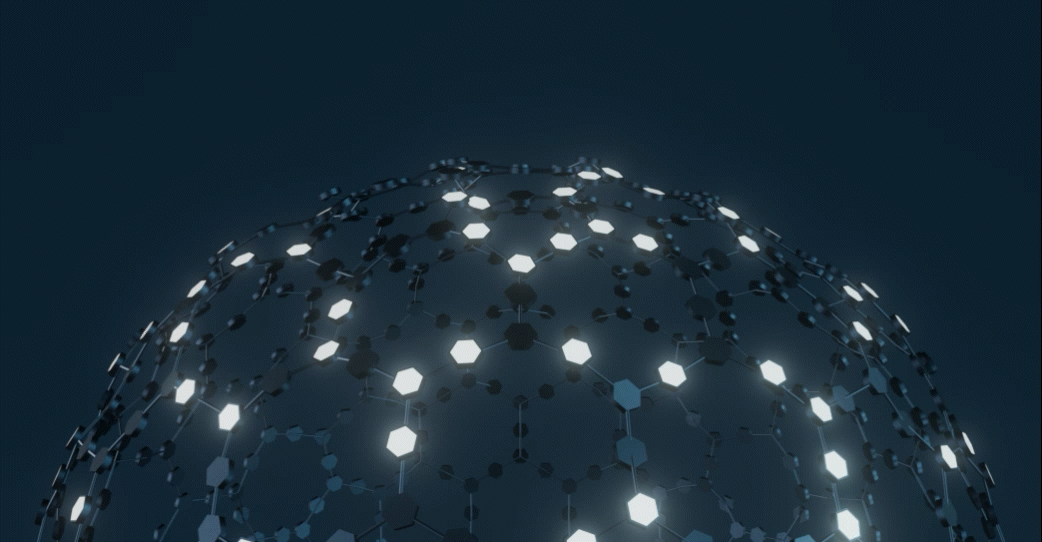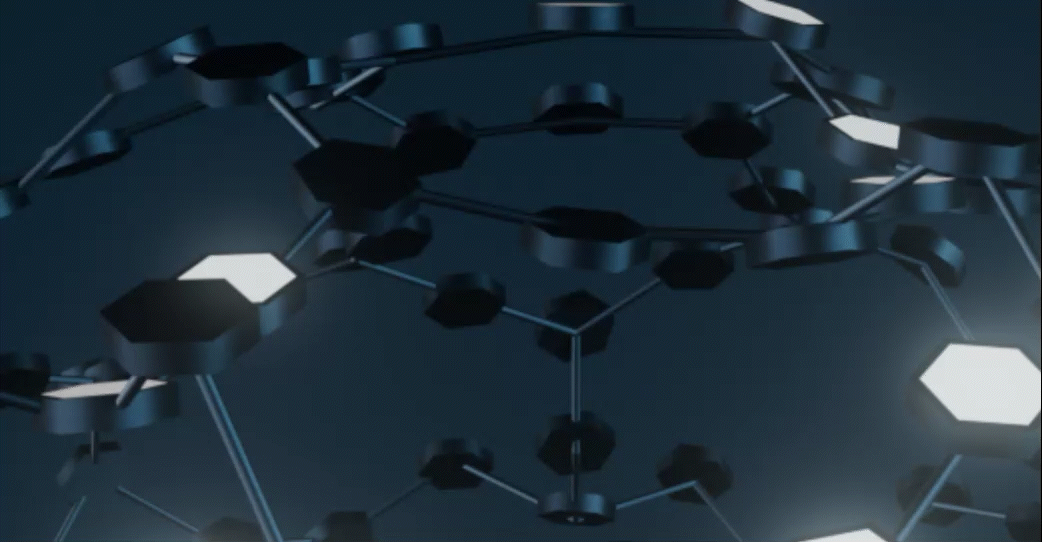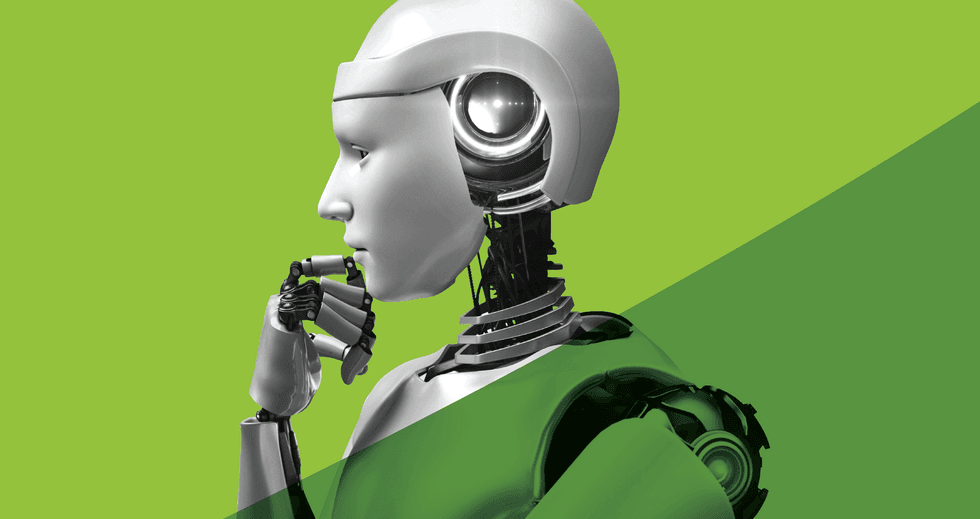US Copyright Office Releases Part 2 of AI Report

Summary
On January 29, 2025, the United States Copyright Office released Part 2 of its Report on Copyright and Artificial Intelligence, as part of its ongoing AI initiative that launched in early 2023. This follows Part 1, which was released in July 2024 and addresses the topic of digital replicas. Part 2 addresses the copyrightability of outputs created using generative AI, including the following sections. The forthcoming Part 3 will be the final piece of the Report and aims to address the legal implications of training AI models on copyrighted works.
In Part 2 of the Report, Section I identifies copyrightability issues raised by AI technologies, including a history of adapting copyright law to new technological developments and the Office’s ongoing AI initiative. Section II provides a technology background, a summary of the existing legal framework and an analysis of how the law may apply to various types of human contributions to AI-generated outputs. Section III reports on how other countries are approaching questions of copyrightability. Finally, Section IV addresses the policy implications of—evaluating the arguments for and against—providing additional legal protections to AI-generated material.
Based on its analysis in Part 2, the Office makes the following conclusions and recommendations:
- Questions of copyrightability and AI can be resolved pursuant to existing law, without the need for legislative change.
- The use of AI tools to assist rather than stand in for human creativity does not affect the availability of copyright protection for the output.
- Copyright protects the original expression in a work created by a human author, even if the work also includes AI-generated material.
- Copyright does not extend to purely AI-generated material, or material where there is insufficient human control over the expressive elements.
- Whether human contributions to AI-generated outputs are sufficient to constitute authorship must be analyzed on a case-by-case basis.
- Based on the functioning of current generally available technology, prompts do not alone provide sufficient control.
- Human authors are entitled to copyright in their works of authorship that are perceptible in AI-generated outputs, as well as the creative selection, coordination, or arrangement of material in the outputs, or creative modifications of the outputs.
- The case has not been made for additional copyright or sui generis protection for AI-generated content.



